

Essential Math for Data Science
Delve into the mathematical concepts that power Machine Learning, Artificial Intelligence, and Data Science in a meaningful and approachable manner
Essential Math for Data Science
A 6-week course with expert-led sessions, real-life project with personalized critique and teamwork
In the realm of engineering, it’s universally acknowledged that mathematics serves as the fundamental cornerstone upon which all other fields are constructed. A limited grasp of mathematics can present substantial challenges in your engineering career. It’s a common concern among working professionals that advanced math during their college years often lacked practical applications, hindering authentic learning.
In this 6-week course, led by Thomas Nield, author of O’Reilly’s “Essential Math for Data Science” and instructor at the University of Southern California, the mission is straightforward: bridge your knowledge gap in mathematics and connect you to the fundamental concepts that drive Artificial Intelligence, Machine Learning, and Data Science in a meaningful way.
What awaits you in this project-centric course?
-
Core Concepts: You’ll learn core concepts of linear algebra, calculus, probability, and basic regression techniques and how they are applied on solving real-world problems in Data Science. These are not just abstract theories; they’re practical tools you can wield in your engineering journey.
-
Real-World Applications: Our course places a strong emphasis on applying mathematical principles to solve tangible, real-world problems. You’ll see how these concepts come to life in a form of a project that is meaningful to you.
Don’t settle for superficial learning. Join other like-minded students on this exciting journey to not just learn math but to love it. Transform your career, and become an indispensable asset in the ever-evolving world of engineering and data science.
| Cohort Name | Class Period | Registration Deadline |
|---|---|---|
|
#1 Cohort 1
|
Dec 04, 23 - Feb 05, 24 | Monday, Dec 11 - 2023 at 05:00 PM UTC |
-
Cohort Name#1 Cohort 1
-
Class PeriodDec 04, 23 - Feb 05, 24
-
Registration DeadlineMonday, Dec 11 - 2023 at 05:00 PM UTC
Program Structure
Typical week in the cohort
Communication and networking are core components of the ClasspertX course experience. In this course, you will be part of a global learning community. In order to accommodate all participants, we have designed much of the course experience to take place asynchronously, with a synchronous class session that occurs weekly.
-
Reading from the book
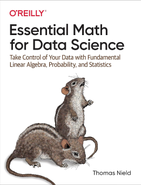 Includes a free copy of the book
Includes a free copy of the bookThis course is centered around Essential Math for Data Science which will be used as a supplementary material for the classes
- Videos
- Quizzes
- Exercises
- Students will be prompted to submit questions during the week, and the instructor should choose questions to answer for students during the weekly session
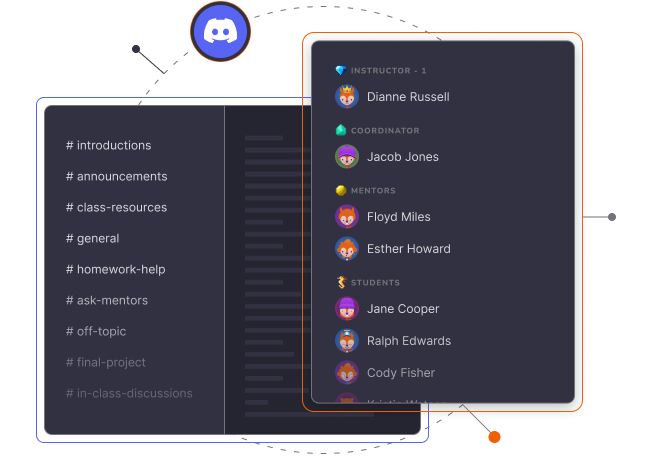 Sync Sessions on Zoom
Sync Sessions on Zoom- Q&A with the instructor
- Additional demos / examples of key topics
- Group practice - students break out to work on an exercise
- Group discussion
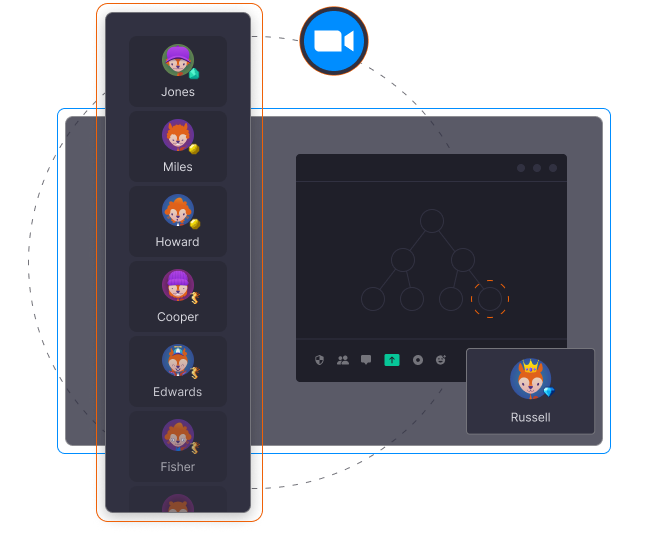
Syllabus
- Understand what the course will cover
- Understand what is expected of participants in this course
- Understand how to get the most out of this course
- Meet your instructor
- Learn how to compose data as vectors and matrices
- Use NumPy to work with linear transformations
- Apply linear algebra to tasks like matrix decomposition and systems of equations
- Leverage SymPy to declare and work with functions
- Calculate derivatives to find slopes with respect to variables
- Calculate integrals to find areas under a curve
- Create Monte Carlo simulations
- Calculate joint and union probability
- Leverage conditional probability and Bayes Theorem
- Describe data using parameters like the mean, median, variance, standard deviation, and coefficient of variation
- Leverage the central limit theorem to infer population parameters from a sample
- Perform confidence intervals and hypothesis testing to identify population parameters from a sample
- Fit data to regressions models like linear regression and logistic regression
- Evaluate the quality of a regression model and whether variance and overfitting are occurring
- Learn techniques like matrix decomposition, gradient descent, and hill climbing to fit a regression
- Understand the nature of data and how problems like bias, outliers, and operating domain affect success of a project
- Leverage train/test split patterns to see how well models perform on data not seen before
- Avoid fallacies like Texas Sharpshooter Fallacy and p-hacking which become prevalent with big data availability
What you'll learn
- Learn math concepts that form the basic of Machine Learning, Artificial Intelligence and Data Science
- Understand core concepts of applied linear algebra, calculus, probability, statistics and basic regression techniques
- Gain autonomy to speak the strengths and weaknesses of different models being used by industries and research teams

Who this course is for
Machine learning, artificial intelligence, and data science topics are hard to navigate without some essential mathematical concepts. So whether students are trying to pivot into these areas or looking to get started, they will ultimately need to grasp the applied math concepts presented in this course.

Who this course is for
Target Audience- Undergraduate and graduate students majoring in computer science, data science, machine learning and artificial intelligence
- Data science and AI enthusiasts looking to build a solid foundation in mathematics
- Working professionals such as data analystis or software engineers who want to transition careers or advance in their fields
- Basic high school algebra
- Basic computer proficiency
- Knowing Python is a plus, but it isn't a requirement and students can focus on the concepts instead
Your Instructors

Thomas Nield is a consultant, writer, and instructor. After a decade in the airline industry, he authored two books for O’Reilly Media and regularly teaches classes on artificial intelligence, statistics, machine learning, and optimization algorithms. Currently he is teaching at University of Southern California and defining system safety approaches with AI for clients. In another endeavor, Yawman Flight, he is inventing a new category of flight simulation controllers and bringing them to market. He enjoys making technical content relatable and relevant to those unfamiliar or intimidated by it.
- Teach AI System Safety at University of Southern California in the Aviation Safety and Security program
- Authored three books with O’Reilly Media and Packt including "Getting Started with SQL", "Essential Math for Data Science", and "Learning RxJava"
- Worked over 10 years in operations research and machine learning applications for airlines and other industries
- Creator of the Yawman Arrow, a handheld controller for aviation/flight simulation applications

Presents mathematical concepts in an approachable way that is actually applicable to DS. When they told you the math would be useful some day, this book actually points out why in terms of DS problems
This is one of the best books I have read, really explaining the fundamentals of math like never explained before. I am also making by teenagers read this book to clarify some concepts and develop more interest in mathematics. I highly recommend this book
A book I would have loved to have when starting out!
Essential Math for Data Science by Thomas Nield is exactly what the title suggests. It covers the most important math concepts that are needed to work in data and analytics related jobs. The topics range from basic math, to probability, stats, linear algebra, and calculus.
By focusing on the most important aspects and by providing very manageable examples in Python, one can grasp the intuition behind these topics very fast. Even if you are already a seasoned vet, you might learn new things or at least see them from a different perspective (loved the explanation of statistical significance using the CDF). However, keep in mind that this a very dense book. A lot of content is packed into very few packages. This might be even too dense if you have never been exposed to these topics. Maybe grab a good stats, linear algebra, and calculus intro before jumping into this book.
Frequently Asked Questions
-
Can I get my employer to pay for the program?
An investment in knowledge always pays the best return for your company. It’s a tiny investment compared to what you could potentially bring in terms of innovation to your workplace.
Many companies offer reimbursement for courses related to your job. Ask your employer about tuition benefits. Even if there is no specific tuition assistance, many companies allocate money toward professional development. Managers may have money earmarked for industry conferences and many have not considered applying it toward continuing education.
Approach asking for tuition assistance like you would a formal negotiation. Go into the discussion with clearly outlined and rehearsed messages about what you hope to gain and emphasize how it will benefit your boss and organization.
-
What is the time commitment for this course?
This course requires 6-8 hours/week of work. Self-paced activities such as homework assignments, readings, and watching video lectures exist to help you build up knowledge until you’re able to demonstrate, through your project, that you’ve achieved the learning outcomes of the program. Although important, homework assignments won’t be graded by the instructional team. The only gradable unit in this program will be your project, which is a prerequisite for certificate emission
-
How do refunds work?
If the course does not meet your expectations, you can ask for a full refund before the beginning of week 3. No questions asked!
-
How are certificates issued? Will I be evaluated?
In order to earn a certificate, you’ll need to submit a project and get a passing grade. The instructional team will provide comprehensive feedback on your project, highlighting the strong points, areas for improvement, and helpful tips on how it could be successful outside of the class.
-
Will this course run again in the future?
Cohort-style classes are to some extent very similar to traditional classroom environments which makes them largely dependent on the instructor’s schedule. While we always hope there’ll be a next cohort, there’s no guarantee that the instructor will be available for the next one. If you’re busy right now, but really interested in taking this course, we advise you to sign up now and ask for a refund if you can’t commit to the program after week 3.
-
What determines the price of the course?
Our programs require significant time from a number of professionals including mentors, the instructor, and organization staff. It is not a canned lecture course but an educational opportunity tailored to your needs and interests.
-
Can I use programming languages other than Python to complete the exercises/assignments?
Students welcome to do the exercises in the programming language of their choice, As long as they can demonstrate a thought process and correct answers. While python is used as the vehicle to demonstrate concepts, the concepts themselves are explained outside of the code.
Ready to level-up?
Enroll now in one of our programs
and join us for a truly immersive learning experience

Measure and apply statistics to evaluate an artifact or its function

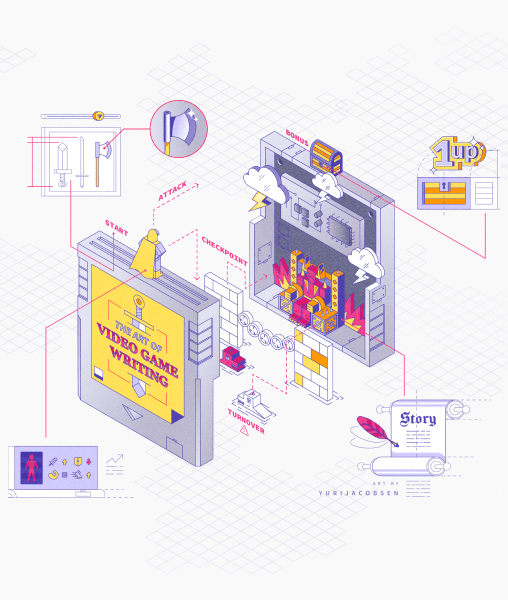
Create a Game Design Document and Pitch the Concept to Industry Experts


Flint Dille, John Zuur PlattenWriters of Jurassic World, Diablo, Transformers and more
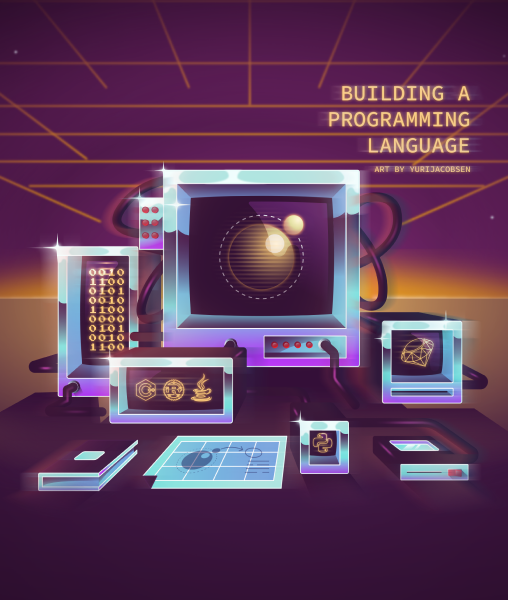
Build a Programming Language from the Ground-Up

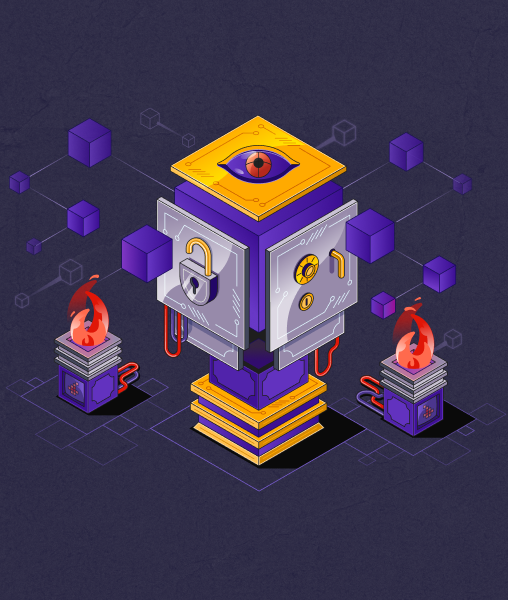
Uncover Vulnerable Machines and Launch an Effective Attack with Your Self-Made Ransomware


Design and Build a System that Solves a Problem You Find Interesting

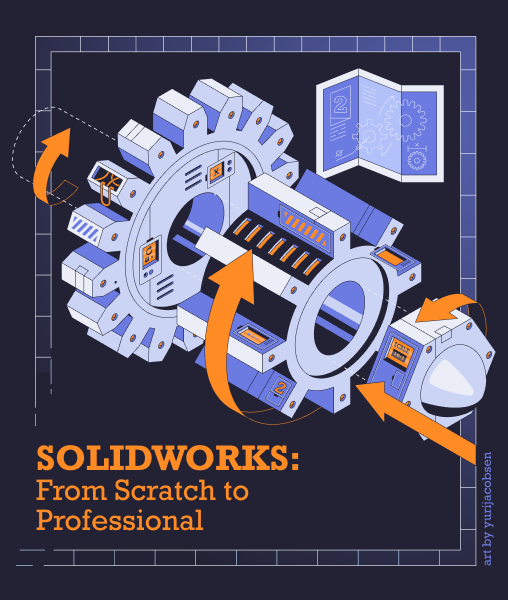
Create a Professional-Looking Object from Conception to Reality


Build a Multi-Level Car Parking System Using Pointers in C/C++


Build a Blockchain Application and Pitch it to Real Investors


Develop and Manage a Successful AI Project for your Organization

